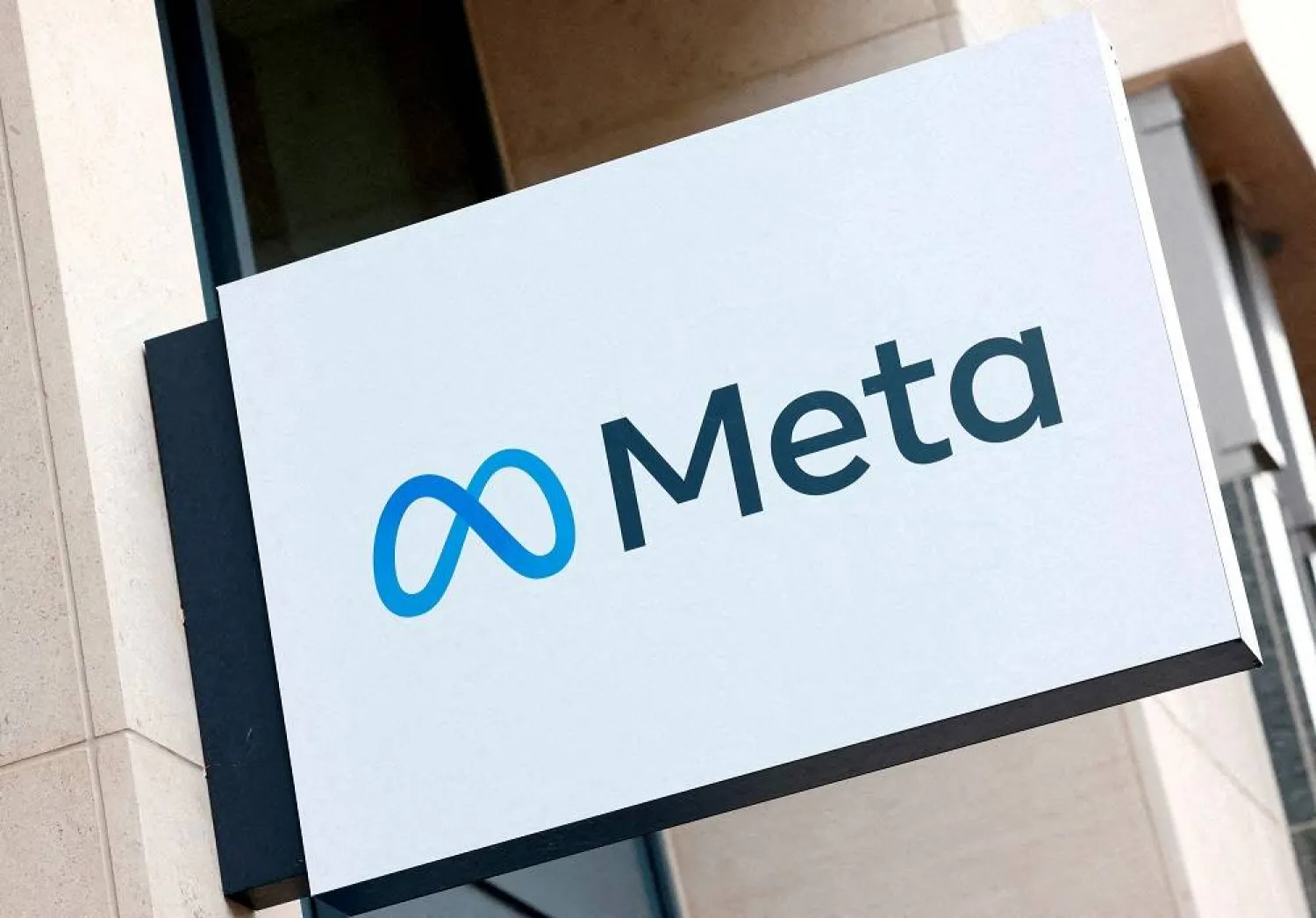Meta Platforms Inc started carrying out the last batch of a three-part round of layoffs on Wednesday, according to a source familiar with the matter, as part of a plan announced in March to eliminate 10,000 roles.
Meta earlier this year became the first Big Tech company to announce a second round of mass layoffs, after showing more than 11,000 employees the door in the fall. The cuts brought the company's headcount down to where it stood as of about mid-2021, following a hiring spree that doubled its workforce since 2020.
Several employees working in teams such as marketing, recruiting, engineering and corporate communications took to LinkedIn on Wednesday to announce that they were laid off.
Meta shares were up 0.5% in a broadly weaker market. They have more than doubled in value this year and are among the top performers in the S&P 500 index, thanks to the cost-cutting drive and Meta's focus on artificial intelligence.
Meta Chief Executive Mark Zuckerberg in March said the bulk of the layoffs in the company's second round would take place in three "moments" over several months, largely finishing in May. Some smaller rounds could continue after that, he said.
Overall the cuts have hit non-engineering roles most heavily, reinforcing the primacy of those who write the code at Meta. Zuckerberg pledged in March to restructure business teams "substantially" and return to a "more optimal ratio of engineers to other roles."
Even among cuts aimed specifically at technology teams, the company eliminated non-engineering roles like content design and user experience research most severely, according to executives speaking at a company town hall afterward.
About 4,000 employees lost their jobs in the April layoffs, Zuckerberg said during the town hall, following a smaller hit to recruiting teams in March.
The social media company said on Wednesday that the latest cuts were likely to impact around 490 employees at its international headquarters in Dublin, or almost 20% of its Irish workforce.
Meta's layoffs followed months of waning revenue growth amid high inflation and a digital ad pullback from the pandemic e-commerce boom.
The company also has been pouring billions of dollars into its metaverse-oriented Reality Labs unit, which lost $13.7 billion in 2022, and a project to whip its infrastructure into shape to support artificial intelligence work.









